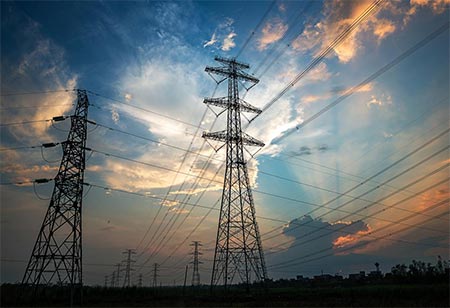In a move to give relief to crisis-hit power distribution companies, the Government of India on Wednesday announced an amount of INR 90,000 crore to be infused into the power sector. It is a part of the massive 20 Lack crore stimulus package announced by prime minister Narendra Modi to revive the ailing economy hit by Covid-19 and make India self-reliant.
The country-wide lockdown has resulted in shrink in the demand for electricity in the country by nearly a quarter in April as manufacturing-heavy states witnessed a significant drop in consumption. Commercial and industrial operations account for over 52 percent of total power consumption in the country, while households and farm operations contribute just
24 and 18 percent respectively. The lower demand from industries that pay the highest tariffs has hit the revenues of power distribution companies.
The liquidity fund of INR 90,000 will be infused through the two state-run power infrastructure finance giants: Power Finance Corporation (PFC) and REC Ltd. While making the announcement about the measures to be taken by the government to boost-up the economy, finance minister said, “Power Finance Corporation (PFC) and Rural Electrification Corporation (REC) will infuse liquidity in the discoms to the extent of Rs 90,000 crore in two equal instalments. This amount will be used by discoms to pay their dues to transmission and generation firms. Further, CPSE gencos will give a rebate to discoms on the condition that the same is passed on to the final consumers as a relief towards their fixed charges”.
The fund will be used by the power discoms to pay the public sector generation firms, transmission companies, independent power producers and renewable energy generators. The dues of discoms have soared to over INR 94,000 crore. The government’s decision to help power distribution companies clear their dues will address the working capital needs of the sector by reducing the overall debt.
The decision comes prior to the launch of the proposed distribution reforms scheme that aims to ensure continuous power supply by privatizing state-run power distributing companies and promoting retail power competition.
 Magazine
Magazine
